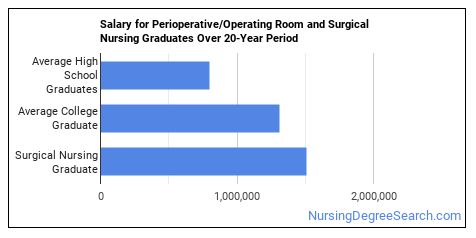

Moreover, operative experience in trauma and surgical critical care is exceptional. This experience is outstanding in the complexity of surgery performed, especially in hepatic, biliary, pancreatic and vascular surgery.

In recent years, our general surgery residents have performed approximately 1,000 operations at the end of five clinical years. Rotations include additional training in trauma surgery, complex hepato-pancreatico-biliary surgery, surgical oncology and complex laparoscopic surgery. During their fifth clinical year, general surgery residents rotate for eight or nine months at The Johns Hopkins Hospital and for two to three months at Johns Hopkins Bayview Medical Center. Some residents select an international rotation to include humanitarian-oriented rotations in underdeveloped/underserved countries around the world.

During the fourth clinical year, residents in the general surgery track receive further training in general, hepatobiliary and trauma, with a special focus on vascular surgery. Clinical Postgraduate Years 3 to 5ĭuring the third clinical year, residents in the general surgery track receive further training in general, endocrine, colorectal, oncologic, transplant and pediatric surgery, and in acute care and trauma. Rotations in the PGY-2 year include a focus on developing more advanced technical skills in general surgery, surgical consultation, and management of the critically ill and injured. Residents spend about 75 percent of their two years at The Johns Hopkins Hospital and most of the remaining time at Johns Hopkins Bayview Medical Center. The first two clinical years of residency training are focused on the development of foundational skills and experiences in the spectrum of general surgery and its subspecialties. We also offer a formal early specialization program (ESP) in vascular surgery and focused specialization programs (most specialties), and we are developing an ESP in cardiothoracic surgery. Upon completion of the chief resident (PGY-5) year training, these individuals are eligible to take the American Board of Surgery examinations and apply for any number of advanced clinical training in subspecialties, including cardiothoracic surgery, endocrine surgery, hepatobiliary surgery, minimally invasive surgery, pediatric surgery, plastics and reconstructive surgery, surgical critical care, surgical oncology, thoracic oncology, transplant surgery, trauma surgery and vascular surgery.

Our residents are provided with a customized and individualized academic development experience ranging from one to four years, depending on their career goals and prior experiences. The seven individuals in the General Surgery Categorical track are expected to become the future leaders in surgery. Our preliminary residency track is described more fully below, but these highly qualified individuals are selected from all over the world to obtain broad training in general surgery without the expectation of completing their training in our institution. Our program includes both categorical and preliminary residents. Each year, seven individuals are chosen for the General Surgery Training Program.


 0 kommentar(er)
0 kommentar(er)
